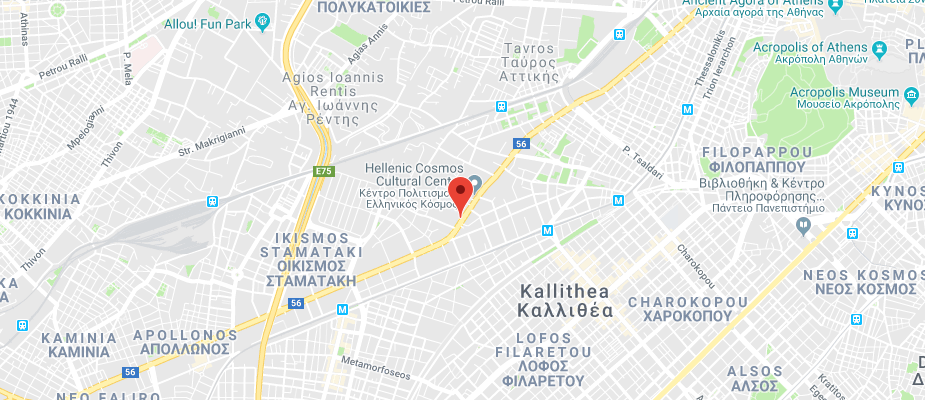Sophia Karagianni
18, Mpoumpoulinas St.
Based on the book by Kitti Arseni

Kitti Arseni (1934-2013), a young actress in Greece during the military junta, fled the country in 1968. On the train journey between Paris and Strasbourg, while en route to testify before the Human Rights Committee regarding the torture she endured at the Athens General Security Subdivision, she wrote a gripping account. This testimony, alongside numerous others from Greek witnesses, contributed to the public denunciation of the systematic torture campaign carried out during the military junta. The leak of the Committee's Report to the press had a dramatic impact on European public opinion, forcing the Greek government to withdraw from the European Council and delivering a powerful blow to the dictatorship.
One of the most iconic and renowned texts of the post-junta period, Arsenis’ testimony was published in 1975 under the title 18, Mpoumpoulinas St.—a work that encapsulated a whole era: “This testimony was written in 1968, during the train routes from Paris to Strasbourg. (…) And I wrote it because my forged passport and the Alsatian plains were not enough to convince me that I had truly fled from Greece, from prison, from the Security Headquarters,” she explains. She had to talk, to share everything she went through in the prison cells, on the rooftop of the Security Headquarters building, in isolation. Her testimony does not dwell on the violence, humiliation, and degradation she suffered. The intensity of the narrative and the suffocating atmosphere are not exhausted in graphic descriptions, which are not imposed nor dominate the story. Perhaps because she does not focus on the faces of the torturers, but on those of her friends and fellow activists and their shared vision.
Her isolation and torture were so sheer and severe that they caused her to lose her sense of orientation, to the point where she could not discern whether she was in her dressing room or her cell. This experience is thrillingly captured in the stage conception: the building on Mpoumpoulinas Street, forever associated with some of the most grim instances of recent Greek history, is transformed into a dressing room, just before she reveals her experiences. There, through a peculiar transformation, she relives the three months of her imprisonment.
The production also incorporates the reason for her arrest: a cassette of songs by Mikis Theodorakis found in her possession. The composer was also arrested and detained at Mpoumpoulinas Street in the same period; she couldn’t see him, but she could hear him whistling. This whistling becomes the heartbeat of the narrative, symbolising both the violence and, more profoundly, the thirst for freedom. In this way, the production honours the great composer, in the most meaningful way, especially this year—the Year of Mikis Theodorakis, marking 100 years since his birth. The autobiographical narrative, presented as a monologue, is performed by actress Amalia Arsenis, who, as the niece of the writer, received this living testimony firsthand.
Monday 14 July: Universally accessible performance
Peiraios 260 (B)
- 13/07 until 16/07/2025 at 21:30
all events
Opera | Theatre | Dance | Premiere | Greek Debut
Ancient Theatre of Epidaurus | Peiraios 260
all venues










